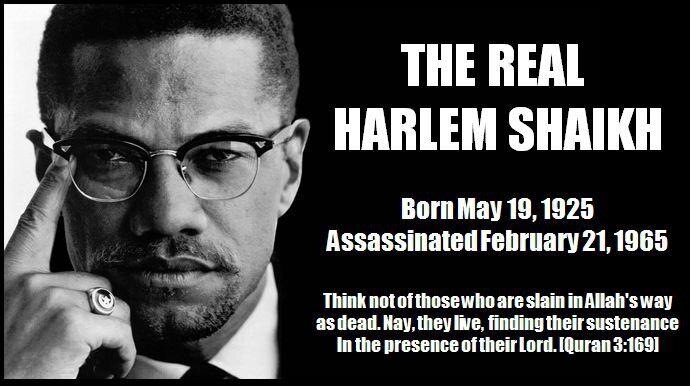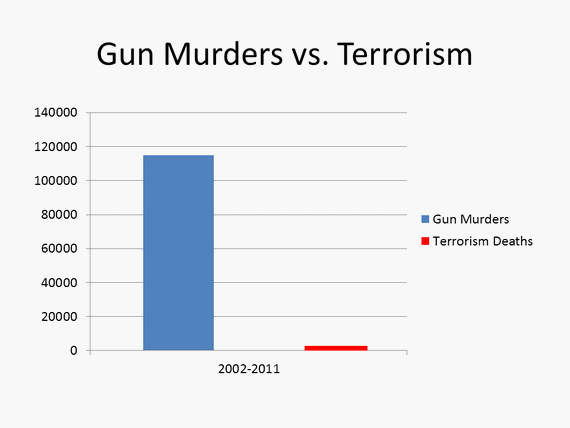The Prophet said on the authority of Ubayy Bin Ka'ab: "If anyone proudly asserts his descent in the manner of the pre-Islamic people, tell him to bite his father's penis, and do not use a euphemism" (from Sharh us-Sunnah of al-Baghawee in Mishkaat ul-Masaabih)
I was initially tempted to summarize the intended meaning here by means of a certain more colloquial English idiom but according to one explanation I was able to find
online, the meaning of the hadith is better rendered as "He who is proud of his origins in a manner that is similar to the era of pre-Islam, let him stay next to his father's semen [i.e. let him remember that his actual origin is a flithy semen]."
In any case it should be clear that Islam considers racism or ancestry-based supremacism as a gross offense.
The second piece I found really interesting was a reference to a book by Abu'l-Faraj Abdur-Rahmaan ibn Hasan Ibn ul-Jawzee, a late 12th century Hanbali scholar of Baghdad called Tanweer al-Ghabash fee Fadl is-Sudan wa'l Habash (The Illumination of the Darkness on the Merits of the Black People and the Ethiopians). Before now I was only aware of Al-Jahiz's "Book of the Glory of the Black Race" but apparently there have been several other medeival Muslim works on the virtues of Black folks (also mentioned in
Defining Legends).
I was not able to find any excerpts from Ibn ul-Jawzee's work itself but the chapter headings are:
a) Those who belong to the Sudan
b) The Cause of their dark-skin
c) The enlivening of Shem, the son of Noah, by Jesus the son of Mary
d) The Kingdoms of the Black People and their extent
e) The collective moral excellence of the character of the black people
f) Things distinguished by darkness from amongst animals, trees and plants
g) The obviousness that there is no preference for light-skinned peoples over dark-skinned people based upon colour; indeed preference is based upon piety
h) The companions who migrated to Ethiopia
i) The deputation of Quraysh to the Negus (Najaashi) to retrieve the companions of the messenger of Allaah
j) The correspondence of the prophet with the negus (najaashi)
k) The arrival of the Ethiopians to the Messenger of Allaah... And their play with hiraab (lances) in the mosque during his presence
l) Qur'aanic words of Ethiopian origin
m) What the messenger heard of the Ethiopian language that pleased him
n) The assignment of the call to the Ethiopians
o) The prophets who were black
p) The eminent king of Ethiopia
q) The distinguished black males amongst the companions of the prophet Muhammad
r) The distinguished black females amongst the companions of the prophet Muhammad
s) Prominent Black learned people
t) Poets and those who composed poetry amongst the black people
u) Groups of clever, intelligent and generous black males and females
v) The pious and ascetic of the black people
w) The famous black females
x) Those who preferred black concubines to light-skinned ones and who loved and died from their love of them
y) Qurayshees who were sons of Ethiopian women
z) Some exhortations and injunctions
aa) Some invocations and glorifications of Allaah, mighty and majestic
bb) Some transmitted supplications
Looking at the list I think I'm most curious about who is identified as a black prophet;
Jesus, Luqman,
Moses, Muhammad? (saaws). I'm also curious about how these medieval descriptions match-up with modern racial categories.

